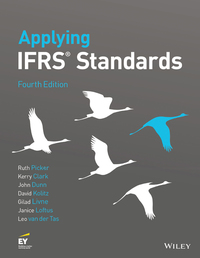Can you think of a way a company could use information from an applicants social media posts without running the risk of being accused of hiring discrimination?
An Experiment in Hiring Discrimination via Online Social Networks Two researchers at Carnegie Melton University conducted an experiment to determine whether social media information posted by Drospective employees willencs erelovers hiring deton. The researchers created also resumes and social media proles. They submitted job aplications on behalf of the fictional candidates to about four thousand US employers. They then compared employers' responses to different groups for instance, to Muslim candidates versus Christian candidates The researchers found that candidates whose public proles indicated that they were Muslim were less likely to be called for interviews than Christian aplicants. The difference was our pronounced in parts of the country with more conservative residents. In those locations Musim received callbacks only two percent of the time, compared with seventeen percent for Christian plant Accordion to the author of the study. "Hindiscrimination online searches of candidates may not be widespread, but online discounts of personal traits can significantly influence the hiring decisions of a self-selected set of employers." Job Candidates' Perception of the Hiring Process Job candidates frequently view the hiring process as unfair when they know that their social media profiles have been used in the selection process. The perception may make litigation more likely Nevertheless, eighty-four percent of employers report unting social media to recruit job applicants One-third of those who recruit in this manner admit that they have disquilhed upplicants based on content found in their social media accounts The EEOC Speaks Up The Equal Employment Opportunity Commission (EEC) has investigated how prospective employers can use social media to engage in discrimination in the hiring process. Given that the Society for Human Resource Management estimates that more than three-fourths of its members use social media in their employment screening process, the EEO is interested in regulating this procedure Social media sites, examined closely, can provide information to a prospective employer on the applicant's race, color, national origin, disability, religion and other protected characteristics. The EEOC has reminded employers that such information-whether it comes from social media postings or other sources may not legally be used to make employment decisions on prohibited bases such as race. gender and religion Question Presented Can you think of a way a company could use information from an applicants social media posts without running the risk of being accused of hiring discrimination







